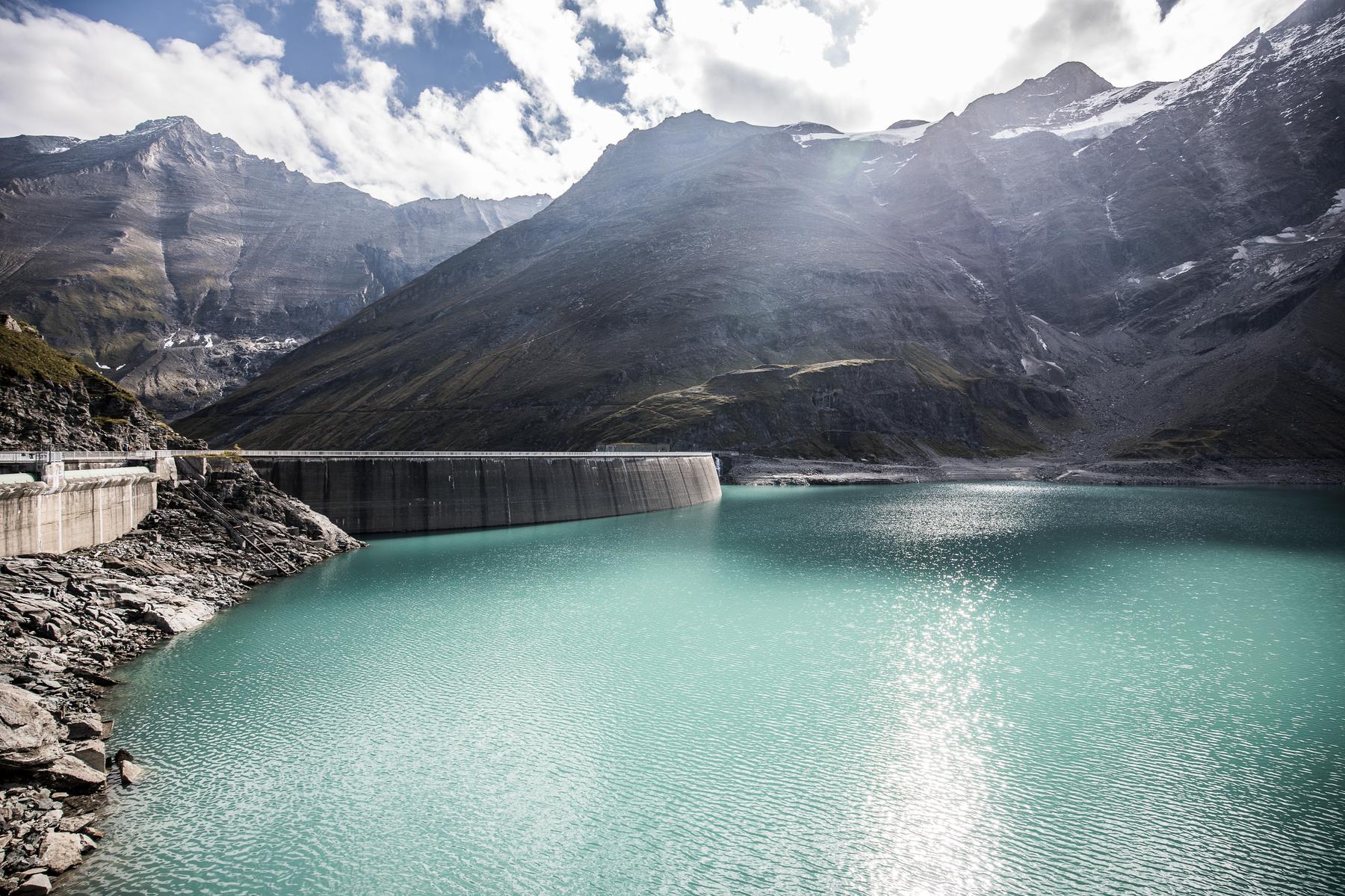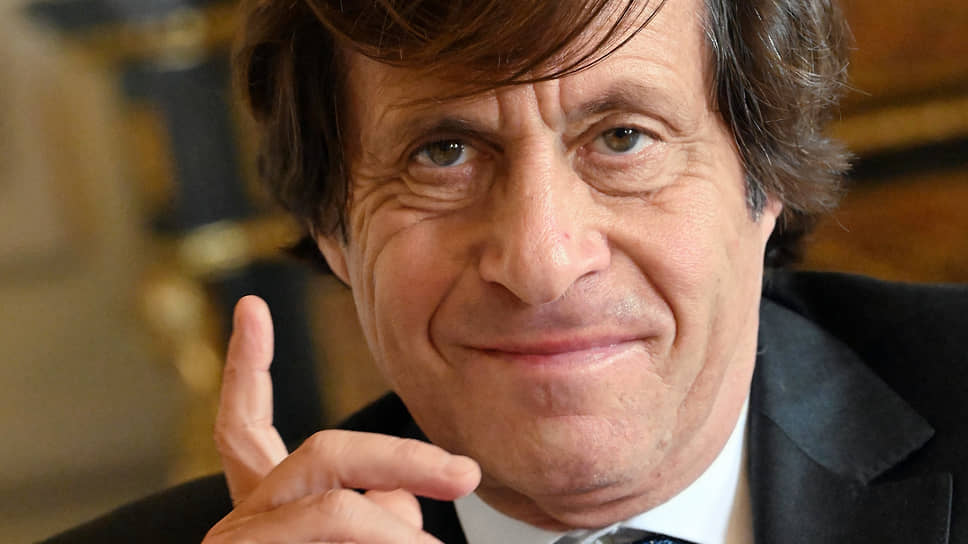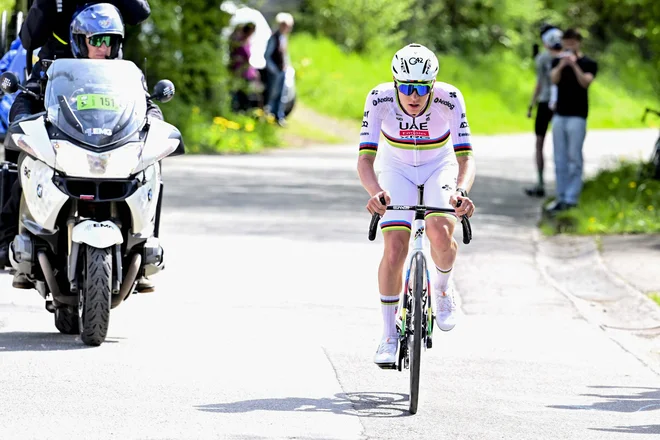Electricity price is not to blame – Diepresse.com

High energy prices paralyze the economy. The industry warns of the Voestalpine downwards of the consequences of the electricity costs. The energy industry is wrongly made into a scapegoat.
The domestic companies have a problem: Since the beginning of the war in Ukraine, the gas- the electricity prices have also been skyrocketed- and no longer fell to the old level. To date, Austria’s industrial companies are Disadvantaged in the electricity prices towards their competitors from Asia, America – but also from Europe. While other countries strengthen the competitiveness of their companies with price covers or electricity price grants, Austria has no money left in view of the tense budgetary situation. The result is a stubborn recession that has been holding itself for several years. So at least the story of many companies.
The domestic electricity industry sees it very differently. « We are blamed for the weakening of industry, for the high inflation, » says Barbara Schmidt, managing director of the Austrian Association of Austria Energie. In many cases, however, this does not have a lot to do with reality. To support this thesis, the lobby association presents a study by the Swiss Prognos Institute that has examined the industrial flow prices and its influence on competitiveness in different countries. The result: the prices are high, but very few hits in Austria.
Europe has become more expensive
Industrial companies are currently paying around eight cents per kilowatt hour of electricity in the USA or China. In Europe, an average of 13 cents are due for this. Until the outbreak of the Ukraine secretary, which has massively raised the European gas and electricity price, Europe was still comparatively competitive with the United States at the electricity costs, says study author Sven Kreidelmeyer from Prognos. So it is over for the time being. European electricity prices are now falling again, but they will not come back to the level of global competition over sight.
The Austrian industrial electricity prices are currently slightly above the European average. However, this does not have a particularly big influence on the economic success of most companies, says Kreidelmeyer. The electricity costs therefore make up only 0.9 percent of sales on average of all industrial companies. For comparison: the personnel costs in this statistics are 19 percent. In individual industries, the dismay is even lower due to the still expensive electricity. So no problem?
Industry sees itself threatened in existence
Nevertheless: « The energy costs threaten us in our existence, » says Markus Ritter, head of the Graz steel and rolling mill Marienhütte, to the « press ». How he finally beat Voestalpine boss Herbert EibensteinerSappi Austrian boss Peter Putz and Kurt Maier, President of the Styrian Industrial Association, the alarm because of the high electricity costs and claimed aid from the state.
« We are aware that operational reality can look very different in individual cases than the statistics, » says Michael Strugl, boss and president of Austria’s energy. In energy-intensive industries such as steel, paper, cement or chemical industry, electricity actually represents a significantly larger cost block. In some cases, electricity is even more expensive than the staff. To make matters worse, many EU countries now decrease part of energy bill for these industries and that Austria’s companies are falling behind. Germany’s new government has recently recently promised the reduction in energy taxes and facilitates for network fees.
What can Austria afford?
« The energy costs have to be down, » emphasizes Strugl. Even Finance Minister Markus Marterbauer (SPÖ) confessed in his budget speech to ensure that the high energy prices inhibit the economy. The only problem is: for comprehensive price reduction measures, the Republic is currently simply lacking the money.
A gas price lid as introduced to the Iberian Peninsula is not sensible for Austria alone, according to the forecast study. The German model, the reduction of taxes and tariffs, works quickly, but is very expensive. One cent less per kilowatt hour in Austria would already cost 580 million euros. « In our view, it can only be about relieving where the pressure in competition is most painful, » says Micheal Strugl.
A good instrument for this is the electricity price compensation (SAG), in which energy -intensive companies are part of the electricity costs, the increasing CO2-prices arise, to be refunded. Austria has already used electricity price compensation 2022, many other EU countries (including Germany) use it until 2030. Since only a few companies benefit, a price reduction of three cents per kilowatt hour would also be comparatively cheap with 230 million euros.
More wind, less sun
In order to find out in the long term at cheaper prices, however, the offer must be expanded – both in gas and electricity, emphasizes Strugl. In the case of gas, Europe has little design power and is only a passenger on the global liquid gas market. For Austria, it is therefore advisable to « generate as much energy as possible yourself. And these are often renewable here, » the boss boss pushes for the continuation of the energy transition.
He welcomes the fact that funding is being put to the test. The same must also happen with the expansion plans so that they do not drive up the costs of the transformation unnecessarily. He mentions the ÖNIP (Austrian network infrastructure plan) as an example. This provides for a particularly strong expansion of the solar power, which makes it necessary to upgrade the networks accordingly. Instead, Austria would proceed pragmatically and instead more promote wind and hydropower plants, the energy transition would be significantly cheaper.








